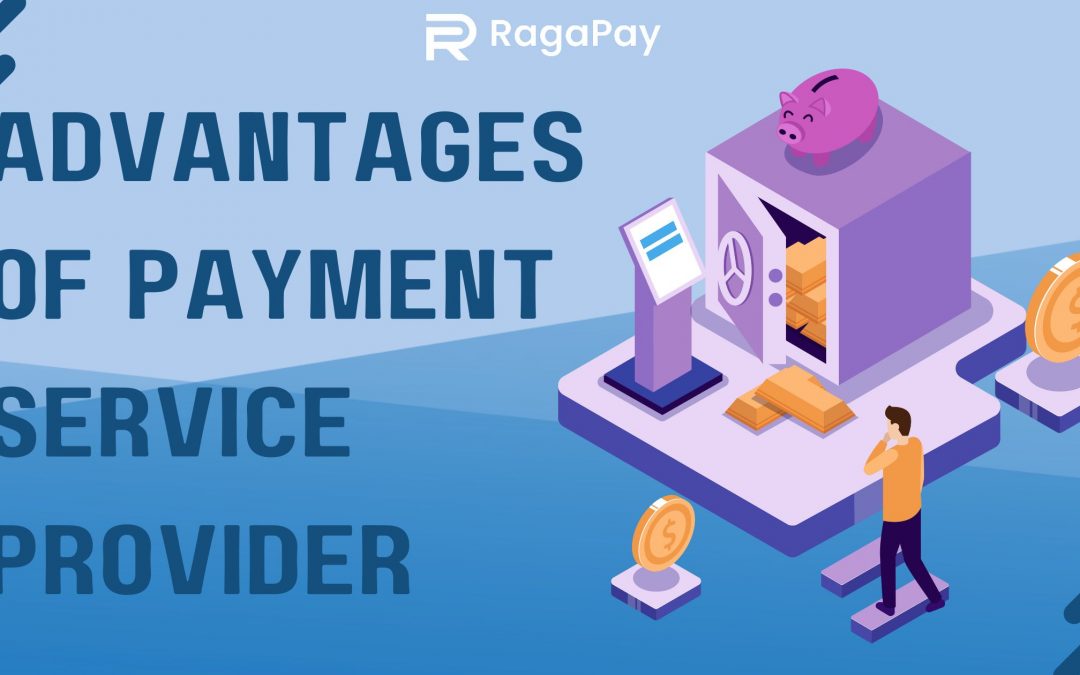Introduction:
In today’s rapidly evolving digital landscape, businesses and customers alike are increasingly relying on online transactions. As a result, payment service providers (PSPs) have emerged as essential facilitators of secure and seamless payments. This blog post aims to highlight the advantages of utilizing payment service providers, showcasing how they simplify transactions for businesses and customers alike.
Enhanced Security:
Payment service providers prioritize the security of transactions, implementing robust measures to safeguard sensitive financial information. By leveraging advanced encryption techniques, tokenization, and fraud detection systems, PSPs significantly reduce the risk of data breaches and fraudulent activities. This instills confidence in customers, encouraging them to make online purchases without apprehension.
Wide Range of Payment Options:
PSPs offer a diverse array of payment options, catering to the preferences of customers across the globe. From credit and debit cards to digital wallets, bank transfers, and even cryptocurrencies, PSPs ensure that businesses can accept payments through various channels. This flexibility expands customer reach, enabling businesses to tap into new markets and increase conversions.
Streamlined Checkout Experience:
One of the primary advantages of PSPs is their ability to simplify the checkout process. By integrating with e-commerce platforms and providing ready-made payment gateways, PSPs eliminate the need for businesses to develop complex payment infrastructure from scratch. This streamlines the purchasing experience for customers, reducing cart abandonment rates and boosting customer satisfaction.
Time and Cost Savings:
Implementing and managing payment processing internally can be a time-consuming and resource-intensive task for businesses. PSPs alleviate this burden by handling the entire payment ecosystem, from transaction processing and security to reconciliation and reporting. By outsourcing these functions to a PSP, businesses save valuable time and resources, allowing them to focus on core operations and growth.
International Expansion:
For businesses eyeing global markets, PSPs offer invaluable support by enabling cross-border transactions. They manage the complexities associated with currency conversion, compliance with regional regulations, and the localization of payment methods. This empowers businesses to expand their reach beyond borders and engage with international customers seamlessly.
Analytics and Reporting:
Payment service providers equip businesses with comprehensive analytics and reporting tools. These tools provide valuable insights into customer behavior, transaction patterns, and sales performance. By leveraging this data, businesses can make informed decisions, optimize their operations, and develop targeted marketing strategies to enhance customer experiences and drive revenue growth.
Dedicated Customer Support:
PSPs offer dedicated customer support services, ensuring that businesses and customers receive assistance promptly. Whether it’s resolving payment-related issues, addressing technical glitches, or handling disputes, PSPs have teams of experts readily available to provide guidance and support. This enhances the overall customer experience and helps businesses maintain a positive brand reputation.
Conclusion:
In today’s digital age, payment service providers play a crucial role in facilitating secure and convenient transactions for businesses and customers. From enhanced security measures and a wide range of payment options to streamlined checkout experiences and dedicated support services, the advantages of utilizing PSPs are evident. By partnering with a reliable and reputable PSP, businesses can focus on their core operations, while customers can enjoy seamless and hassle-free payment experiences. Embracing the services of a payment service provider is a strategic move for any business looking to thrive in the increasingly digital world of commerce.

